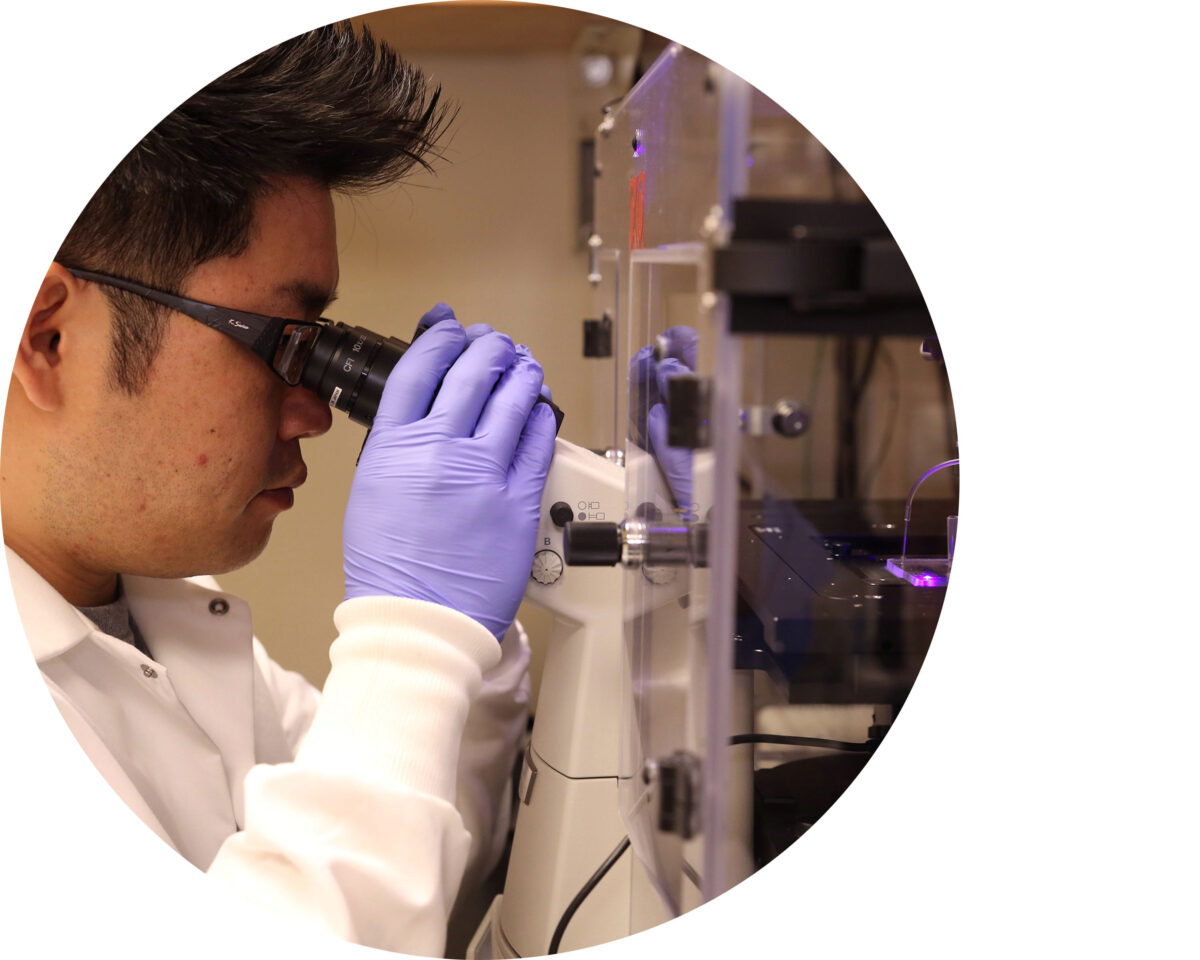
Degree Programs
Mechanical Engineering was the first degree granting program when Georgia Tech opened its doors for classes in 1888. The first bachelor's degrees were granted in 1890. Today, the Woodruff School offers the following degrees:
-
Bachelor of Science in Mechanical Engineering (B.S.M.E.)
-
Bachelor of Science in Nuclear and Radiological Engineering (B.S.N.R.E.)
-
Master of Science (M.S.), an undesignated degree
-
Master of Science in Mechanical Engineering (M.S.M.E.)
-
Master of Science in Robotics (M.S. Robotics)
-
Master of Science in Nuclear Engineering (M.S.N.E.)
-
Master of Science in Medical Physics (M.S.M.P.)
-
Master of Science in Paper Science and Engineering (M.S.PSE)
-
Master of Science in Bioengineering (M.S.BioE)
-
Doctor of Philosophy
Undergraduate Program Educational Objectives
Undergraduate Program in Mechanical Engineering
The faculty of the Woodruff School strives to continuously improve our undergraduate programs in Mechanical Engineering and Nuclear and Radiological Engineering. The educational objectives reflect the needs, and have been reviewed by, among others, the Advisory Board, the faculty, and the students:
- Our graduates will be recognized leaders in ME–related fields or other career paths, including industry, academe, government, and non-governmental organizations.
- Our graduates will be global collaborators, leading and participating in culturally diverse teams, fostering inclusive environments, and acting ethically to discover and apply new knowledge and engineering practices.
- Our graduates will continue to grow professionally and will strive to acquire new skills and new knowledge throughout their careers.
- Our graduates will be entrepreneurially minded innovators who have a positive economic, social, and environmental impact on their communities, the nation, and society as a whole.
Undergraduate Program in Nuclear and Radiological Engineering
These objectives reflect the needs of our constituencies and have been reviewed and validated by our constituents:
-
NRE graduates will positively contribute to nuclear and radiological engineering and related fields.
- NRE graduates will conduct themselves with the highest professional and ethical principles that include considerations of public health, safety and the environment.
- NRE graduates will engage in life long learning through graduate and continuing education, professional development activities, or other career opportunities.
Undergraduate Student Outcomes
Undergraduate Programs in Mechanical Engineering & Nuclear and Radiological Engineering
Upon graduation with a BSME or BSNRE degree, the students will have obtained:
- an ability to identify, formulate, and solve complex engineering problems by applying principles of engineering, science, and mathematics
- an ability to apply engineering design to produce solutions that meet specified needs with consideration of public health, safety, and welfare, as well as global, cultural, social, environmental, and economic factors
- an ability to communicate effectively with a range of audiences
- an ability to recognize ethical and professional responsibilities in engineering situations and make informed judgments, which must consider the impact of engineering solutions in global, economic, environmental, and societal contexts
- an ability to function effectively on a team whose members together provide leadership, create a collaborative and inclusive environment, establish goals, plan tasks, and meet objectives
- an ability to develop and conduct appropriate experimentation, analyze and interpret data, and use engineering judgment to draw conclusions
- an ability to acquire and apply new knowledge as needed, using appropriate learning strategies
Graduate Program Educational Objectives
To achieve the general goals of the Woodruff School of Mechanical Engineering, the following Educational Objectives for the Graduate Program reflect the needs of our constituencies and have been reviewed and validated by our constituents:

Master's Programs
-
Prepare students for successful careers in industry and to promote and instill an ethic for lifelong learning;
-
Educate students in the methods of advanced analysis appropriate for professionals to use when solving problems;
-
Provide a depth of knowledge in a particular field of study that allows the student to apply innovative techniques to solve problems;
-
Provide a breadth of knowledge that fosters an awareness of and skill in interdisciplinary approaches to problem solving;
-
Develop research skills & process knowledge; the students' ability to formulate problems, synthesize & integrate information, work collaboratively, communicate effectively, and publish results.
Ph.D. Programs
-
To prepare students for successful careers in industry and/or academia and to promote and instill an ethic for lifelong learning;
-
To educate students in methods of advanced analysis, including the mathematical, computational, and experimental skills appropriate for professionals to use when solving problems;
-
To provide a substantial depth of knowledge in a particular field or sub-field of study that allows the student to be recognized as an expert;
-
To provide a breadth of knowledge in a minor field of study that fosters an awareness of and skill in interdisciplinary approaches to problem solving;
-
To develop the skills pertinent to the research process, including the students' ability to formulate problems, to synthesize and integrate information, to work collaboratively, to communicate effectively, and to publish the results of their research;
-
To promote a sense of scholarship, leadership, and service among our graduates.
